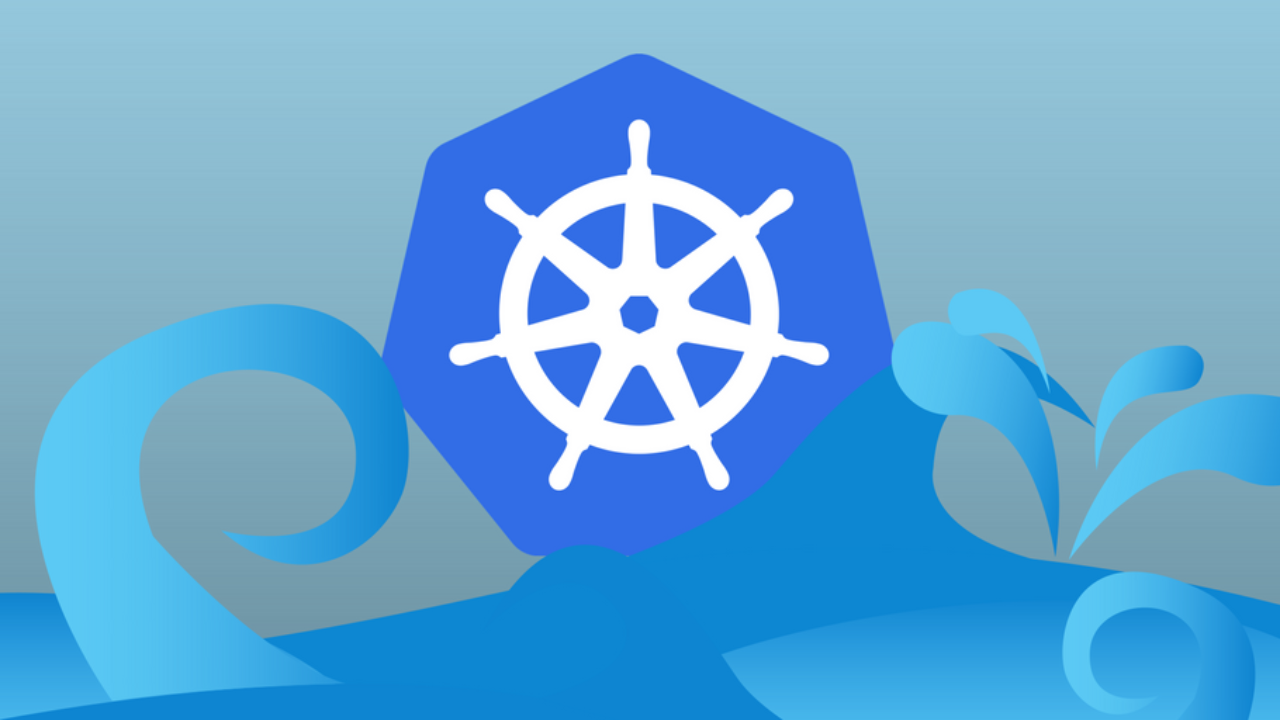Go time package has extensive support for manipulating times and durations. For example, we can use the time package to find the next business days. Let’s create a small case for this.

Go time package has extensive support for manipulating times and durations. For example, we can use the time package to find the next business days. Let’s create a small case for this.

Playing around application states in ReactJS or VueJS is quite fun. But it’s not fun anymore if we (accidentally) mutate the state while doing a search from the state.

Create an HTTP server using Gin is quite easy. While developing an application using Gin, I’m stumbled on how to test the JSON response using Gin.

Coming from NodeJS land, I’m always relying on Nodemon to have live-reload my development server while developing. Long story short, I got a project that uses Golang as a drop-in replacement, and reloading the development server is PITA. I need to restart my development server every time I have changed inside my code.

Kubernetes has a feature called ConfigMap where it can be used as a configuration file or environment variables. We will talk about what is ConfigMap and what are the possibilities using ConfigMap?

I’m working on a wiki page on Gitlab. In this particular case, I need to attach a file into the wiki. Which can’t be done using web editor on Gitlab. So I’m trying to edit it locally. In short, I need to pull the wiki and install Gollum on my laptop. Unfortunately, it didn’t go smoothly like a banana (?).

Git is a powerful versioning tool. Most tech companies use Git as their versioning tools (some big companies still using Mercurial and SVN though). It’s also applied to my current company.

Sometimes, we need to have a different Vim settings across projects. We can achieve it by kept specific settings for each projects in a .vimrc.local.

When I’m conducting a workshop for Facebook Developer Circle Malang, one of our participants asking how gql works. I know it’s called template literals, but how did template literals can behave like a function (but without parentheses)?

TL;DR; React Native apps with Expo.io and GraphQL (React-Apollo). Less pain, less code.
